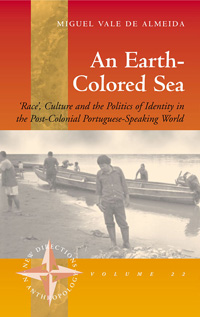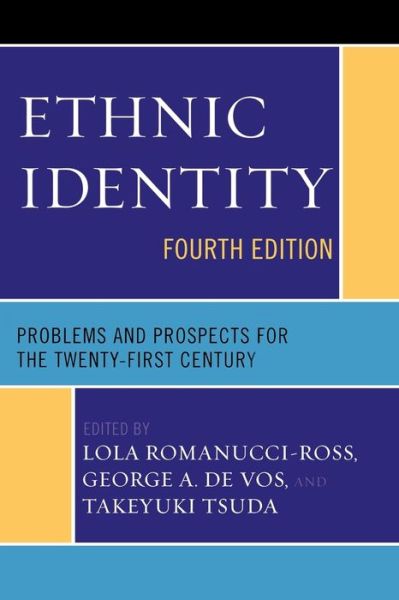Jennifer Roth-Gordon on her new book, Race and the Brazilian Body
CaMP Anthropology
2017-09-04
Interview by: Ilana Gershon, Associate Professor of Anthropology
Indiana University, Bloomington
Jennifer Roth-Gordon, Race and the Brazilian Body: Blackness, Whiteness, and Everyday Language in Rio de Janeiro (Chapel Hill: University of North Carolina Press, 2016).
If you were at a wedding, and the person at your table happened to be a scholar of African-American experiences of the Jim Crow South who wanted to know a bit about your book, what would you say?
Can the person sitting next to the Jim Crow scholar at our table be someone who witnessed the white supremacist rally in Charlottesville? I think I might open by saying to them that I study race relations in Rio de Janeiro, Brazil, a context which is both very similar and very different from the ones that they are immersed in. My book is an investigation into how we can watch people draw on and perpetuate racial hierarchy in daily conversations and interactions, in a national context where noticing racial difference is (and has long been) taboo. These racial ideas – about the superiority of whiteness and the inferiority of blackness – are the same ideas that were legalized in the Jim Crow South and that white people marched to uphold just a few weeks ago, in defense of statues meant to keep nonwhite people “in their place.” I can point to very little that changes, over time or across national boundaries, in the civilized/uncivilized and upstanding/dangerous distinctions between what whiteness and nonwhiteness are thought to represent.
Brazil also suffers from incredibly high levels of structural racism that almost always exceed statistics from the present-day U.S. (from racial gaps in education levels, income, and where people live, to what scholars have called a black genocide of thousands of Afro-descended youth killed by police each year). Despite these national similarities, Brazil has long used incidents like Charlottesville (such as the Civil War, lynchings, the LA riots and Rodney King beating, Ferguson, and so on) to define themselves in contrast to the violent history and aggressive nature of race relations in the U.S. Though they are now more aware of racism than ever before, many Brazilians continue to take pride in their reputation for racial mixture and racial tolerance. While most would admit that Brazil is not (and has never been) a “racial democracy,” there is a strong belief that inequality in Brazil is socioeconomic, rather than racial.
My book seeks to explain the “comfortable racial contradiction” that surrounds Rio residents with signs of blackness and whiteness but discourages them from describing what they see in racial terms. It’s not a contradiction that is “comfortable” for all, but I argue that this contradiction is surprisingly easy to live within, even as it may be hard to unravel and explain – in the same way that we now have to contemplate what it means to live in a “colorblind” America that has people on both ends of the political spectrum loudly proclaiming that race matters. I study how racial ideology allows us to live in societies that promote themselves as tolerant and equal, even as we are daily surrounded by (and participating in) profoundly racially unequal and unjust circumstances. Laws and torches are not the only ways to maintain white supremacy, and swastika-flag bearers are not the only ones who keep systems of racial hierarchy in place…
Read the entire interview here.




